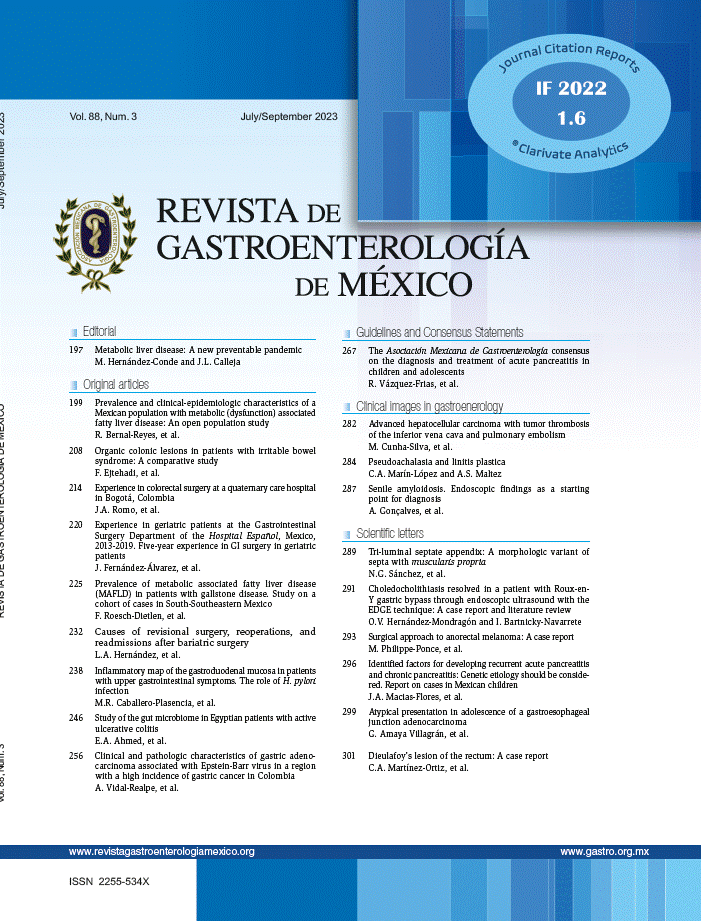I attentively read the interesting article by Remes-Troche et al. that evaluated the effects of a 6-month gluten-free diet (GFD) on the metabolism of patients with celiac disease (CD), nonceliac gluten sensitivity, and on asymptomatic controls.
The prospective study assessed the impact of a 6-month-long gluten-free diet on patients with CD (n = 22), nonceliac gluten sensitivity (n = 22), and asymptomatic controls (n = 22).1 The diagnosis of nonceliac gluten sensitivity (NCGS) is known to be on the rise. Those patients do not present with significant villous atrophy, they have negative anti-endomysial and anti-tissue transglutaminase antibodies, and up to 50% present with some type of HLA haplotype linked to CD.2 Population studies, the majority of which are based on self-reports of symptoms induced after the ingestion of gluten-containing compounds, have shown the prevalence of NCGS at 0.6 to 13%.3–7
Current scientific information is controversial, made more difficult by the fact there are no biomarkers available that would simplify NCGS diagnosis.8 In addition, gluten is only one of the components of wheat, and the cause of NCGS symptomatology has been proposed to be another of those compounds (carbohydrates), and not necessarily gluten.9
Nevertheless, gluten-free diets have become popular, and individuals that complain of symptoms after consuming gluten commonly go on a gluten-free diet.
The evidence from the article by Remes-Troche et al. indicates that a gluten-free diet induces changes in the metabolism of patients. It promoted the development of metabolic syndrome and obesity in 20% of the patients with CD, whereas in patients with NCGS, 5% developed obesity and nonalcoholic fatty liver increased by 20%.1
In an Italian study that evaluated metabolic changes in patients with CD, there was a 14.5% increase in metabolic syndrome, an 11% increase in hepatic steatosis, and an increase in body mass index, after beginning a gluten-free diet.10 In the same vein, Tortora et al. reported metabolic syndrome in 29.5% of patients with CD after beginning a gluten-free diet, in addition to an increase in waist circumference, blood pressure, and triglycerides.11
Given those precedents, I emphasize the value of the article by Remes-Troche et al. for being the first to evaluate metabolic behavior in patients with NCGS and in healthy controls. It is very important to carry out a diagnostic approach in patients on a gluten-free diet, given that it is not an innocuous maneuver and can increase the risk for metabolic syndrome, overweight, obesity, and nonalcoholic fatty liver. It is important to discuss those possibilities with patients and guide them toward a diet that adequately meets their needs, with no need for aggressive restrictions.
Financial disclosureNo financial support was received in relation to this article.
Conflict of interestThe author declares that there is no conflict of interest.
Please cite this article as: Coss-Adame E. El impacto de la dieta libre de gluten en pacientes con enfermedad celiaca, sensibilidad al gluten no celiaca y controles asintomáticos. Revista de Gastroenterología de México. 2020;85:107–108. https://doi.org/10.1016/j.rgmx.2020.01.001




